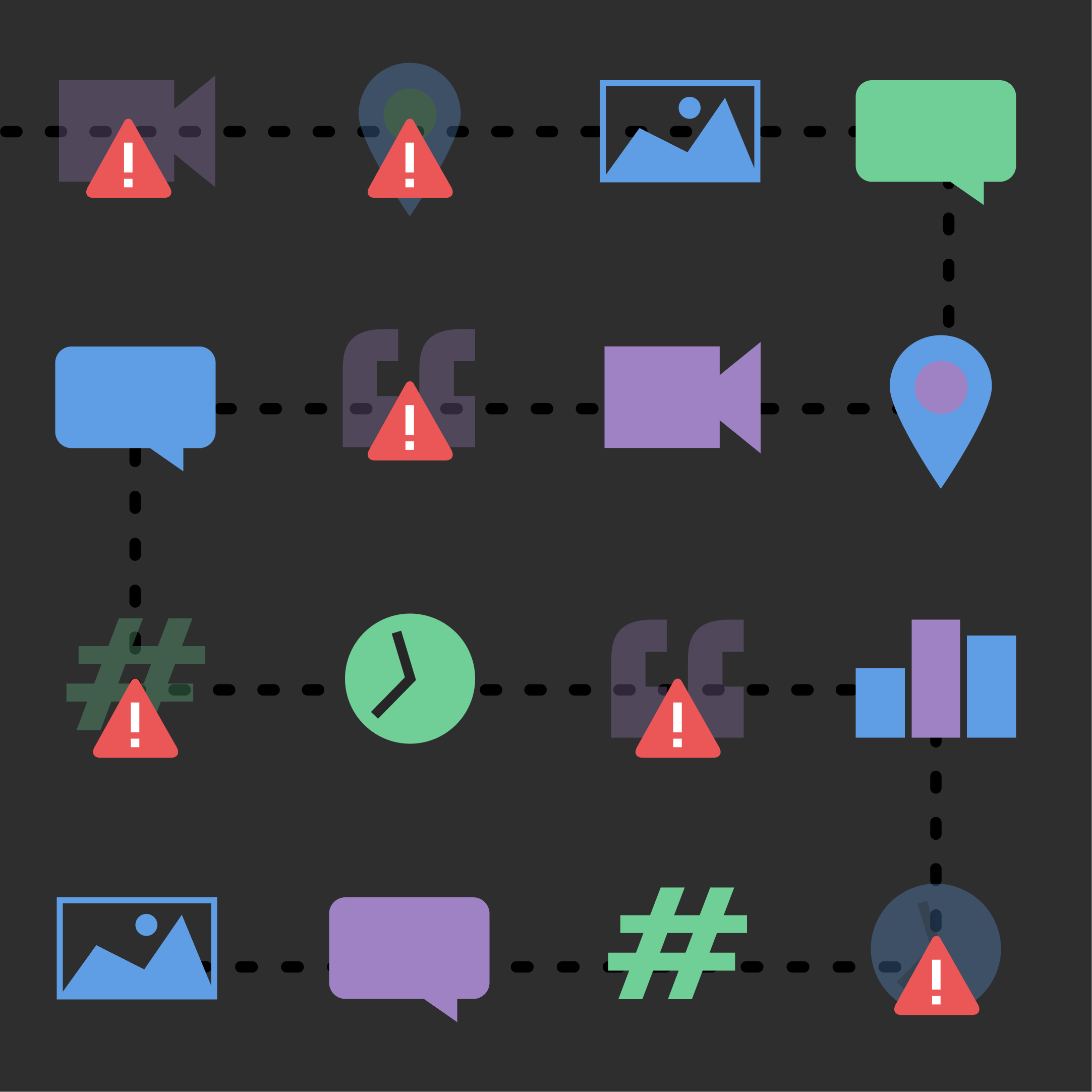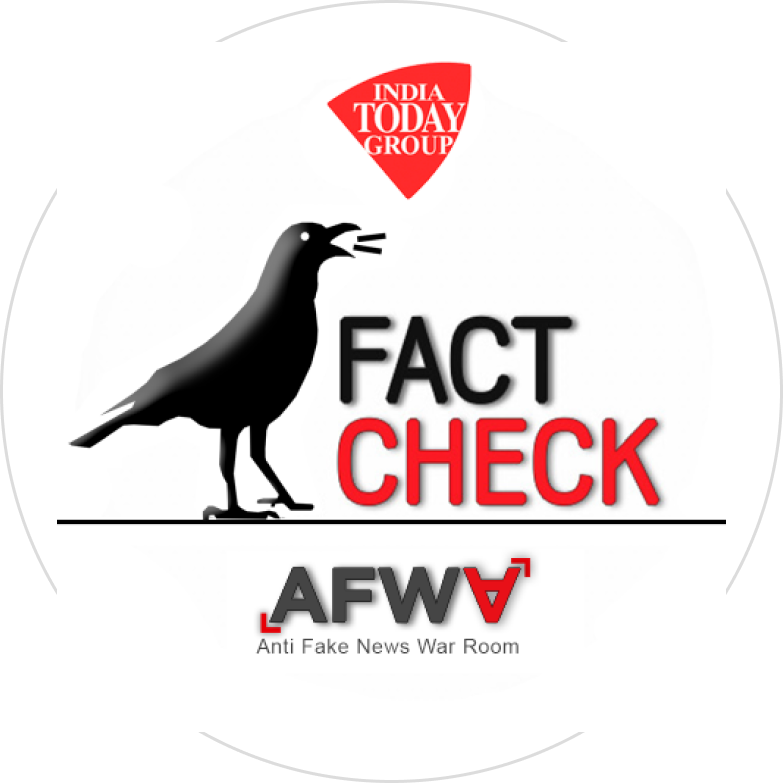Morphed Images, Old Videos & Fake Election Surveys: What We’ve Seen So Far During 2021 State Elections in India
Fact-checkers in India have been on guard against misinformation long before the 2021 Legislative Assembly election schedules were announced in West Bengal, Assam, Kerala, Tamil Nadu and Puducherry. Over the past few months, they have observed a plethora of misinformation coming back in different forms and languages. Some claims, images and videos gain more traction than others and are often ones with communal misinformation and which denigrate political opponents.

In this blogpost, members of the Ekta consortium share their insights from the experience of addressing misinformation around the 2021 Assembly elections and strategies adopted to make fact-checking efforts more effective during this time.
- What kind of misinformation have you tackled so far in relation to the ongoing Assembly elections in India? What is the most viral election story you’ve addressed so far?
Misinformation related to the Assembly elections started circulating even before the election schedule was declared. For fact-checkers addressing misinformation, most of the stories came from West Bengal. Old images of protests and rallies, unrelated and doctored videos, videos from India’s neighbouring country Bangladesh, fake election surveys and false news of Electronic Voting Machines (EVMs) being hacked that had already been debunked in the past — misinformation took different forms and appeared in different formats. Fact-checkers have also debunked claims of political leaders in which they misrepresent data or quote wrong figures to present a picture of a particular state which is not entirely true.
Some content garnered more attention than others. Members of Ekta also observed a rise in communal twists to the misinformation that went viral online. Here are the most viral pieces of misinformation, according to Ekta members.
AFP Fact Check: A deceptively edited video of Assam politician Badruddin Ajmal’s alongside a claim to turn the state of Assam into an Islamic state if his coalition comes to power.
BOOM Live: After West Bengal Chief Minister Mamata Banerjee allegedly injured her foot during campaigning in Nandigram, several images went viral with claims that she faked her injury. The narrative was supported with flipped and edited images, old, unrelated photos of leg injury and images of Banerjee during old campaigns.
Factly: Though there were no major elections in Telangana, the most viral piece of misinformation in the state was about an alleged promise of financial assistance to Rohingya refugees in West Bengal BJP Manifesto.
Vishvas News: A morphed image of Prime Minister Narendra Modi and Bharatiya Janata Party leader Amit Shah wearing skull caps was shared widely on social media in relation to West Bengal elections.
WebQoof: Trending Twitter hashtags such as #StandWithBengalHindus were often used to push misinformation. There were also pictures from Bangladesh and Pakistan to claim that Hindus were not safe in West Bengal.
- Are there certain trends, patterns or formats of election-related misinformation that you’re seeing across states and languages?
AFP Fact Check: The disinformation pattern has been largely from one party targeting another, with edited and morphed images, doctored video clips and fake opinion polls. We’ve been monitoring fan pages of the ruling party as well as the opposition party, but we’ve been seeing many trends of false news in the right-wing pages.
BOOM Live: We observed a trend (in case of West Bengal) of fake opinion polls, surveys and letters attributed to prominent party leaders being passed off as genuine.
Factly: During any major election, misinformation, especially those related to either the prominent leaders or parties, is usually shared across states in multiple languages. Even though there is no major election in the Telangana state except for an assembly by-election, most of the viral election misinformation from poll-bound states has surfaced here as well. In fact we observed that a few stories went more viral here than in the poll bound states. One certain trend we have seen across the states is a constant rise in communal misinformation and that one party is favouring one particular religion over the other.
WebQoof: We have noticed that there is a lot of communal misinformation around the elections. We have debunked several claims which involves blame games for appeasement politics by certain parties.
- Do you see any impact of the COVID-19 pandemic on election-related misinformation?
AFP Fact Check: We’ve seen COVID-related misinformation, but haven’t come across its impact on election-related misinformation.
BOOM Live: While election-related misinformation covers the major chunk of misinformation, several myths of COVID-19 and lockdown that were debunked earlier made a comeback amid the raging second wave.
Factly: While there was constant misinformation related to the COVID-19 pandemic, we haven’t seen much of its impact on election-related misinformation, except that there was misinformation on the prices and availability of the vaccine which was used either to credit or discredit the government. With the recent surge in the COVID-19 cases, we are coming across allegations against few states on their failure to handle the surge in cases and the distribution of vaccines.
WebQoof: We haven’t seen a direct impact of the pandemic on election-related misinformation, per se. However, there have been a lot of old claims around COVID-19, which are now recirculating in the light of the current surge. We have also noticed misinformation around vaccines.
- Are there any new strategies that you’ve adopted to tackle misinformation in the election season?
AFP Fact Check: We’ve been monitoring hashtags on Twitter and surveiling political fan pages and groups on Facebook of both opposition and ruling parties through CrowdTangle.
BOOM Live: We are monitoring hashtags on Twitter for election-related narratives that are often led by misinformation.
Factly: Except for keeping a constant eye out towards trends across various states, there hasn’t been much of a change in our strategies.
WebQoof: Other than monitoring trends on Twitter and monitoring CrowdTangle, we are trying to identify pieces of misinformation on Telegram.
This content was produced by Ekta, a consortium of Indian fact-checking groups supported by Meedan.
Ekta Newsletter
Weekly trends and insight on election misinformation in your inbox, every week.
Fact checking tiplines






